
Before the treatment plan for cancer of the esophagus is made, certain factors are taken into consideration. These factors include the size, location and the extent of the tumor and the general health of the patient. Since this type of cancer is not easy to treat, a team of specialist is involved in the process in almost all situations. The team consists of surgeon, gastroenterologist, medical oncologist, radiation oncologist and a nutritionist.
Treatment options for esophageal cancer
Optimal curative treatment for esophageal cancer does not exist. Multimodality therapy is considered to be the best possible option in a majority of situations. This type of therapy is a combined approach that includes both chemotherapy and radiation therapy that follow surgery. In some situations surgery is not possible.
If the surgical procedure is possible, it is the most often used type of treatment for esophageal cancer. Apart from the tumor, the surgeon will get rid of a small portion of the esophagus, surrounding lymph nodes and some of the other tissue that may be infected. The medical term for this surgical procedure is esophagectomy. After a part of the esophagus is removed, the surgeon will connect the part that remains to the stomach. This way the patient will be able to swallow normally. It is often seen that a plastic tube is used in order for the organ and stomach to be connected.
Radiation therapy is performed in order for the tumor to shrink. Radiation therapy uses high energy x-rays on the tumor and the nearby tissue. The beams of energy are supposed to destroy the cancer cells and prevent them from spreading to other tissue. Radiation therapy is vital because cancer cells grow and divide a lot faster than normal cells. Normal cells almost always recover after this type of therapy. The patients who undergo a radiation therapy will spend approximately half an hour in the hospital. The actual treatment does not last for longer than 5 minutes and it is administrated every day, in some situations twice in one day. The patient does not need to fear radiation as his or her healthy organs will be protected with a set of blocks. These blocks are placed between the patient and the radiation machine every time. After the third week of treatment a CT scan will be performed in order for the treatment planning to be corrected if need be.
Side effects of radiation therapy exist and every patient will experience at least one these effects. Esophagitis is seen quite often, especially after three weeks of treatment. The main characteristics of this condition are pain and discomfort when swallowing. Certain medicines are prescribed for the reduction of pain. Fatigue occurs often as well but mainly in the last few weeks of the treatment. Rest helps a lot if fatigue is experienced. Hair loss on the part of the chest that is within the field of treatment is possible as well. However, this is not a big problem as it will grow back again after the treatment. Certain changes in the skin, like dryness, redness and itchiness may happen as well. These problems need to be treated with care. Loss of appetite is a potential problem and patients should consider consuming 3 cans of supplements every day.
Chemotherapy is almost always administrated along with radiation therapy. The medications used are supposed to increase the effects of radiation therapy. Two chemotherapy medications are given to the patients. These medications will be given twice during the whole treatment, in week one and in week 5 of the treatment. The doses are not the same in every patient. Factors like weight and height of the patient and lab values are taken into the calculation.
Side effects of chemotherapy are possible as well. Nausea, vomiting, diarrhea and decreased electrolyte and blood cell count occur most often. Apart from these side effects, others like bone marrow suppression can also be experienced.
Recovery from esophageal cancer treatment
One of the main goals of follow-up care during the process of recovery from the esophageal cancer treatment is to discover any changes in health. This way, if the cancer showed up again, it can be treated as soon as it has developed. Physical exams, x-rays and lab tests are mainly performed on checkups. Patients need to pay attention to any changes in health and report them to the doctor if they are noticed.
Consuming enough food is significant as calories and protein play a vital role in controlling weight loss and maintaining of strength. Having a lot of energy both during and after the treatment makes a difference. However, this is not an easy task for a majority of patients as eating becomes difficult when the treatment begins. The main reason why that is so, is due to difficulties with swallowing. It is often seen that the patients receive nutrients straight to the vein after surgery. A feeding tube is often needed as well.




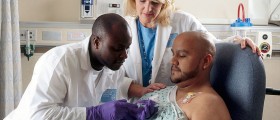


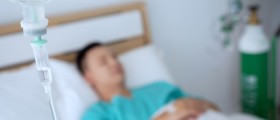

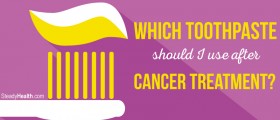

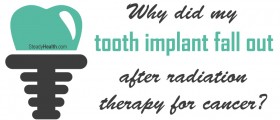
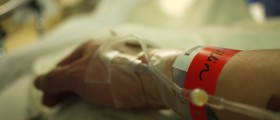



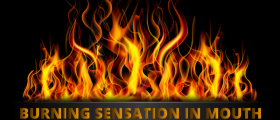
Your thoughts on this
Loading...